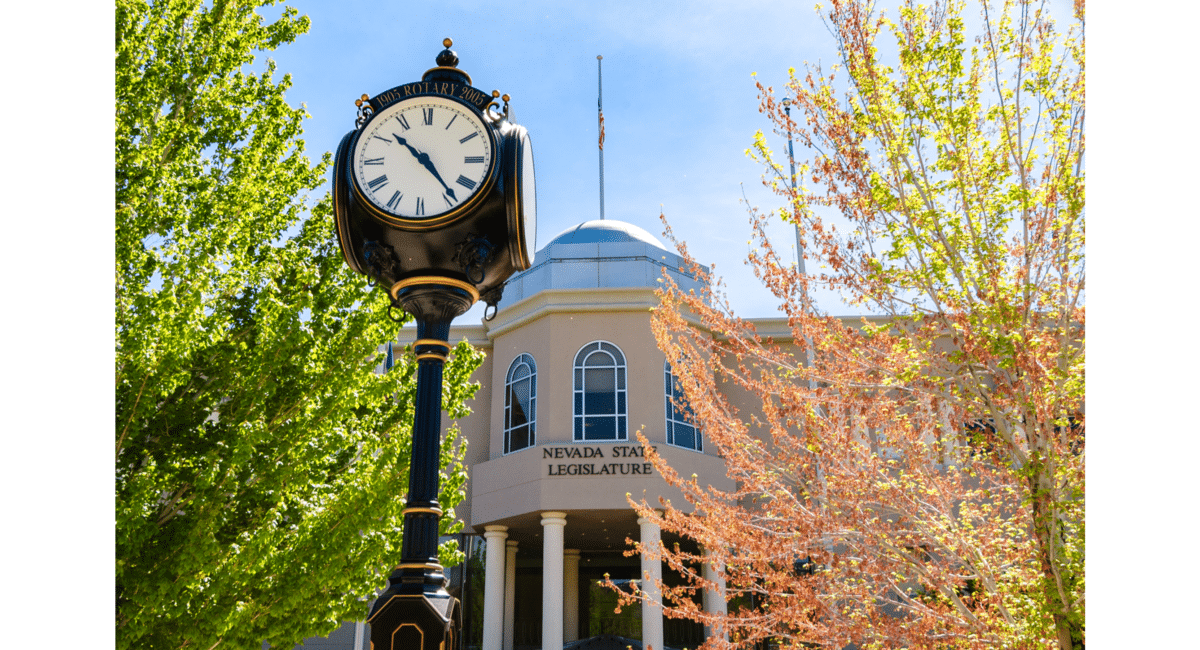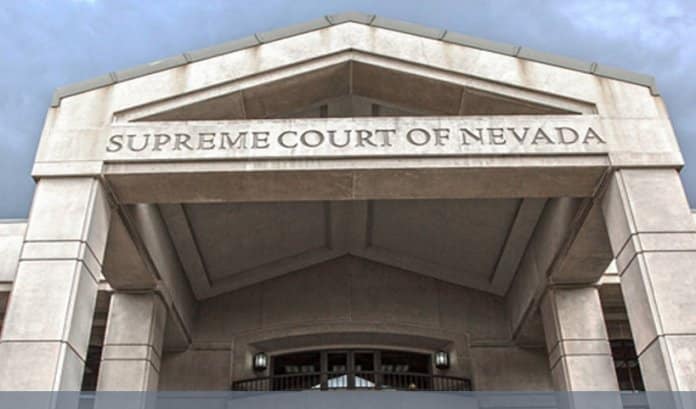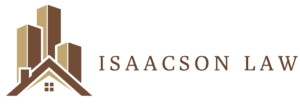ISAACSON LAW BLOG
2021 Nevada Legislative Session Update

2021 Nevada Legislative Session Update
The 2021 Legislative Session commenced on February 1, 2021 and as usual, the laws surrounding community associations are a target for possible change. Some of which would be rather significant.
Senate Bills 72 (“SB72”) and 144 (“SB144”) have been introduced, but each has a very long way to go before becoming law. SB 72 is being proposed by the Real Estate Division of the Department of Business and Industry and seeks to make several changes to the provisions of NRS Chapter 116. It is currently pending before the Senate Judiciary Committee and, if adopted, may have a significant effect on how Association’s approach various matters, including fines and hearings.
SB144 has been sponsored by Senator Patricia Spearman and is likewise pending before the Senate Judiciary Committee. If adopted, SB144 would make significant changes, including how homeowners’ associations enforce their lien rights.
Among those changes being proposed by SB 72 are the following:
- Limitation on Fines. A proposed revision to NRS 116.31031.1 seeks to place a limitation on the amount a homeowner can be fined. That limit would be $1,000 for each violation or a total amount of $1,000 per hearing against each unit’s owner, tenant or invitee.
- Fines for Actions of Invitees. Existing law of NRS 116.31031.2 provides that a unit owner cannot be fined for actions committed by an invitee unless the owner either participated in or authorized the violation, had prior notice of the violation, or had the opportunity to stop the violation and failed to do so.
SB72 seeks to make this same language applicable to a tenant, thereby cutting off the ability of an association to fine a tenant unless he or she either participated in or authorized the violation, had prior notice of the violation, or had the opportunity to stop the violation and failed to do so.
SB72 does, however, create a possible exception to where an association may fine the units’ owner or tenant for an invitee’s actions. That is, if the violation poses an imminent threat of causing substantial adverse effect on the health, safety or welfare of the units’ owners or residents of the common-interest community, which may prove to be a rather limited scenario.
- Opportunity to Cure Violations. The proposed legislation further seeks to amend NRS 116.31031.7 by limiting any fine for a continuing violation to the same or less than the original fine issued. A possible downside of this may be to encourage association boards to make the initial fine as large as possible as to allow greater fines for a continuing violation. The statute does, however, clarify that any continuing fines will not be subject to the $1,000 limit proposed in NRS 116.31031.1.
- Executive Board Meetings. Amendments are further proposed to NRS 116.31085 regarding the rights of owners to speak at certain meetings and what may be discussed in an executive board meeting.
Existing law provides that the executive board may only meet with an attorney in executive session on matters relating to propose or pending litigation. If adopted, SB72 would eliminate that restriction and allow the executive board to meet with an attorney in executive session on may matter that may be privileged.
In the event an individual wishes to have a hearing on a violation of the governing documents conducted in an open hearing, the proposed amendments to NRS 116.31085.4 would provide that the hearing must be held in an executive board meeting in accordance with NRS 116.31083 and that the person who is the subject of the hearing is entitled to receive written notice of the board’s decision within a reasonable time. Moreover, the period to cure a violation before it becomes a continuing violation would not commence until the board’s decision is provided to the person accused of violating the governing documents.
Senate Bill 144 further seeks to make several changes to NRS Chapter 166, including:
- Association Websites. A requirement that each association create and maintain a secure Internet website through which a unit’s owner can establish an individual account to make payments, view notices and complaints and to view their account status.
- Elimination of Non-Judicial Foreclosures. This would pose a significant change to the manner in which homeowners’ associations seek to collect on delinquent accounts. In this regard, SB144 would require foreclosure through a judicial action to enforce the association’s lien. If adopted, this would require that association retain an attorney to file and pursue the foreclosure.
- Division Reports. SB144 would further require that community managers file annual reports on the (a) total number of past-due obligations that were referred for collection; (b) the amount of each past-due obligation referred to collection; (c) the race, ethnicity, gender identity or expression and sexual orientation of each person who was referred to a collection agency, if known.
If you support of oppose these possible changes to the provisions of NRS Chapter 116, you are encouraged to contact your representatives. You can find who your Legislator is at this link. In the meantime, check back with Isaacson Law as we will continue to follow the pending legislation.

LOCATION
- (702) 529-2559
- 7575 Vegas Dr, Suite 150N, Las Vegas, Nevada 89128
BUSINESS HOURS
Monday – Friday: 8:30am to 5:30pm
Recent Blog Posts

HOA Fee Increases: Don’t Surprise Homeowners


Why “Failure to Communicate” Is a Violation

